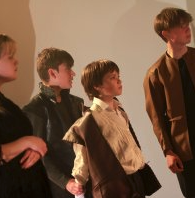Shrewsbury
First foray onto the stage for Third Form in The Crucible

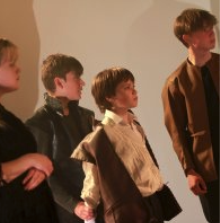
The Crucible, first performed in 1953, is widely acknowledged as one of the greatest plays of the twentieth century.
The play is both a scrupulously researched historical exploration of the Salem witch trials and a powerful allegory of the anti-communist movement of the McCarthy era. Its author, Arthur Miller, like many other writers and actors, was investigated for ‘un-American activities’ and experienced first-hand the hysteria and paranoia surrounding the perceived threat of ‘reds under the bed’. The play draws chilling parallels between Miller’s own situation and that of the early American settlers.
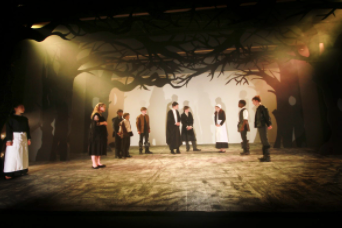
It tells the story of Abigail Williams, a vindictive small-town girl who seduces a flawed but honourable farmer, John Proctor. When his wife Elizabeth discovers the affair, Abigail launches a vengeful plan to usurp her by having her condemned as a witch. As the village is swept by rumours of witchcraft, more and more people turn on their neighbours. Miller was always clear that the witchcraft at the centre of the play was invented and imagined, saying that, ‘the tragedy of The Crucible is the everlasting conflict between people so fanatically wedded to this orthodoxy that they could not cope with the evidence of their senses.’
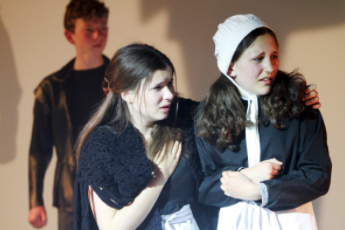
This was a challenging play for the Third Form in their first foray onto the stage of the Barnes theatre, but a challenge that they carried off with aplomb. Meadow P (MSH) was compelling as Abigail, capturing both her petulance and her vulnerability. The object of her unrequited affections was played with brooding intensity by Daniel O (Rt), whilst Clara G (G) gave a mature and nuanced performance as the wronged wife, Elizabeth. William H (Rb) was splendidly dislikeable as the petty and tyrannical Reverend Parris, and Loic D-B (Ch) brought both gravitas and rare flashes of humour to the role of Danforth, the pompous governor of the province who finds himself tasked with investigating the allegations of witchcraft.
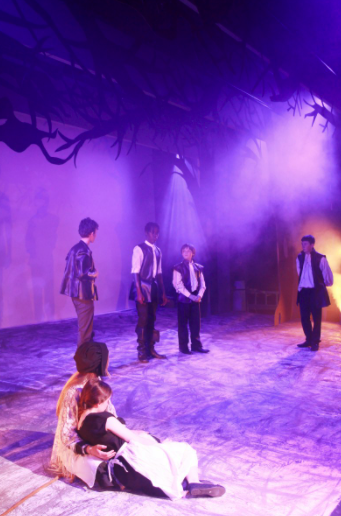
Abigail’s cronies can often merge into an ill-defined mass of screaming girls, but Maddi L (G), Clemmy S (G), Nyah W (M) and Maggie C (M) created distinct personalities for the children who find themselves in a heady position of power. Isla B (M), in particular, was superb as Mary Warren, the one girl who attempts – albeit ineffectively – to stand up for the truth. The scene in the courtroom, where she confronts Abigail about her lies only to fall prey to them herself, was extremely powerful.
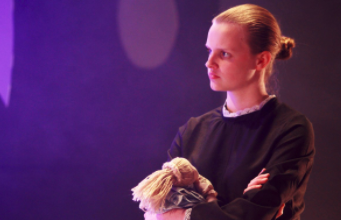
Particular thanks must go to Luke W (SH, IV), who stood in at the last minute to take on the role of Francis Nurse from Oliver C (R); his unflappable calm and good humour were a huge asset to the cast. We wish Oliver the very best for his recovery.
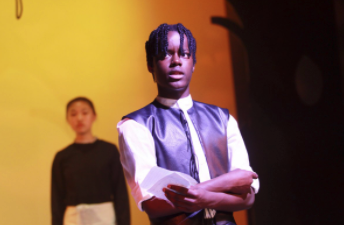
Dr Helen Brown
Director of Drama






.jpg&command_2=resize&height_2=85)










.JPG&command_2=resize&height_2=85)




